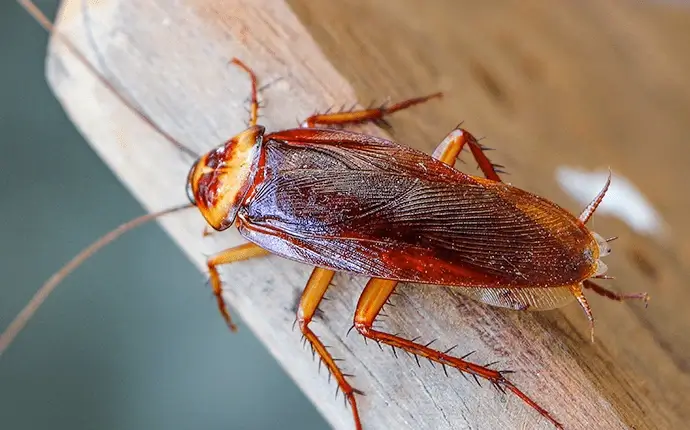Insects can be a big problem in many homes, especially during warm seasons. While there are many chemical insect repellents, some people prefer natural solutions. Many common kitchen spices have insect-repelling properties.
Here are eight spices that can help protect your home from insects:
1. Cinnamon:
Cinnamon has a strong smell that many insects dislike. It can help keep ants, mosquitoes, and flies away. You can sprinkle ground cinnamon near entry points or windows. You can also use cinnamon oil mixed with water as a spray.
2. Cloves:
Cloves contain eugenol, which is a natural insect repellent. It works well against mosquitoes, flies, and even cockroaches. Place whole cloves in small bowls around your home or use clove oil in a diffuser.
3. Peppermint:
Peppermint has a fresh scent that humans enjoy, but insects hate. It is especially good for repelling spiders, ants, and mosquitoes. Mix peppermint oil with water and spray it around doors, windows, and corners.
4. Bay Leaves:
Bay leaves release a scent that repels pests like weevils, moths, and cockroaches. Place bay leaves in kitchen cabinets, pantry shelves, and food containers to keep insects away.
5. Turmeric:
Turmeric has antimicrobial and insect-repelling properties. It can deter ants and other crawling insects. Sprinkle turmeric powder near ant trails or entry points.
6. Black Pepper:
The strong smell of black pepper can drive away insects like ants and beetles. Sprinkle it in areas where you see insects entering your home.
7. Garlic:
Garlic has a strong odor that repels many insects, including mosquitoes and flies. You can crush garlic cloves and place them around the house or mix garlic juice with water and spray it.
8. Chili Powder:
Chili powder contains capsaicin, which irritates insects. It can be used to keep ants and other small insects away. Sprinkle chili powder near cracks and crevices.
CONCLUSION:
Using spices to repel insects is a safe, natural, and affordable way to protect your home. These methods are easy to apply and reduce your exposure to harmful chemicals. However, for large infestations, it is best to contact a professional pest control service.



